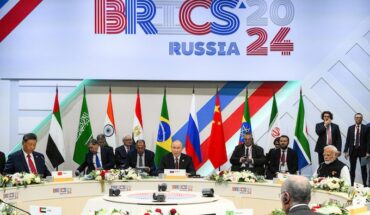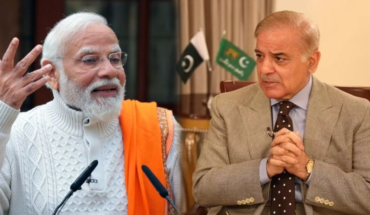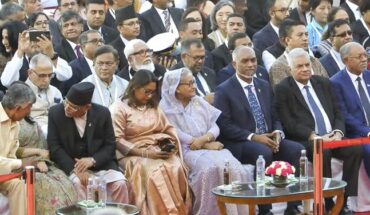The World Health Organization, for the second time in two years, has declared a viral outbreak to be a Public Health Emergency of International Concern (PHEIC). With four cases confirmed in India and around 14,500 cases globally, monkeypox outbreaks have triggered international consternation in a world that is yet to recover from the COVID-19 pandemic. After a split verdict at the International Health Regulations Emergency Committee meeting — on whether monkeypox deserves to be termed a PHEIC — it fell on WHO’s Director-General, Dr. Tedros Ghebreyesus, to take a call. A PHEIC is just one step short of a ‘pandemic’ classification. Following the declaration of COVID-19 as a pandemic on March 11, 2020, WHO had come under criticism for not responding with alacrity on the public health threat that the coronavirus pandemic portended. It had termed the COVID-19 crisis as a PHEIC on January 30, 2020 when global cases were around 7,500, or about half the levels now reported for monkeypox. WHO has recommended that countries step up surveillance, amplify public awareness campaigns, governments work towards not stigmatising the disease, and health infrastructure be primed towards producing diagnostic kits. The experience from the COVID-19 pandemic has shown that governments implement measures to avoid ‘panic’ but are often opaque and vague with the information necessary to quell it. While it is unclear how the monkeypox outbreak will play out, the government must begin coordinated action with the States to summarise and disseminate the extent of the threat. Related to the eradicated smallpox virus, monkeypox is suspected to have amplified due to reduced immunity against the smallpox virus. Indian labs and biotech companies must step up research and mine their arsenal to prepare adequate defences if the need arises.





